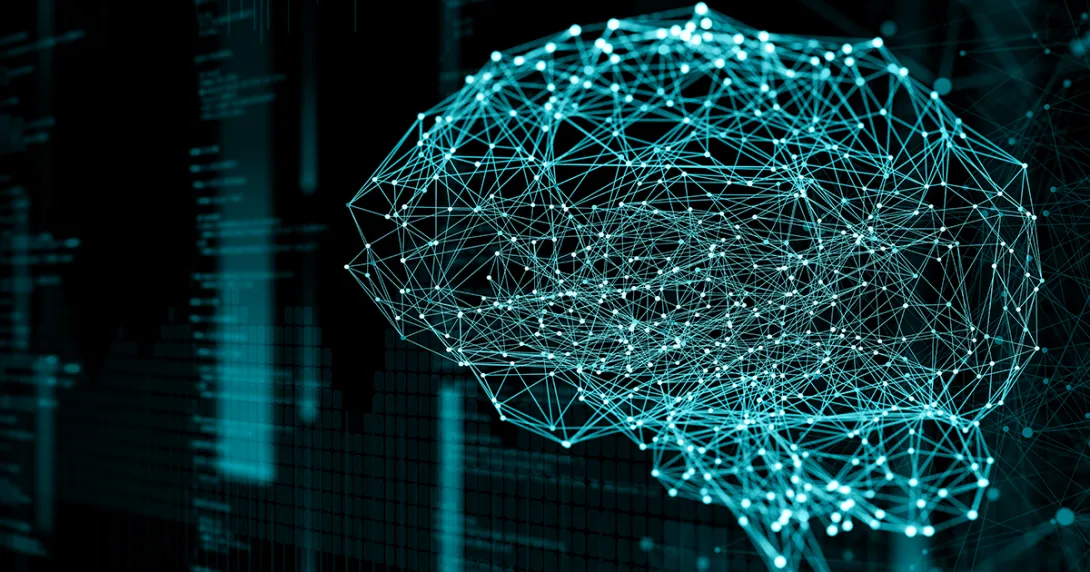Earlier this year a series of articles in Slate by Farhad Manjoo raised some eyebrows – and perhaps quickened some heartbeats. It was titled "Will robots steal your job?" Frighteningly, for some medical professionals the answer was in the affirmative.
We all know how robots are increasingly prevalent in surgical suites, that machines can be better at noticing abnormalities on radiology reports than the human eye and that humanoid robot nurses are already caring for the elderly in Japan – even approximating something of a bedside manner
But the emergence of IBM's uncannily intelligent Watson computer – first his merciless vanquishing of two pitiable human opponents on Jeopardy!, then the news that his natural language processing capabilities and ability to process the equivalent of a million books per second would be put to use in healthcare – seems to have ratcheted things up a bit.
How can mere mortals compete with such daunting artificial smarts?
Take a deep breath, Homo sapiens. "Watson isn't intended to replace anyone," Josko Silobrcic, MD, associate partner at IBM Research, told me last year. "But it is a tool. A much more advanced form of decision support in healthcare that we didn't have available to us until this point."
With Wellpoint having announced this past September that it will develop commercial applications for the technology – the first of which are slated to be showcased early 2012 – his artificial intelligence will soon find uses across healthcare. That's a good thing, said Silobrcic.
"The volume of healthcare information is increasing tremendously and probably accelerating," he said. "Some of the more recent scientific discoveries have contributed to that tremendously. That exceeds the training of healthcare providers, as well as their ability to keep up with it. We all know how busy clinicians are." Watson just wants to help.
Eliot Siegel, MD, director of the Maryland Imaging Research Technologies Laboratory at the University of Maryland School of Medicine, regards his medical students as "invaluable assistants" who can "let me know if there are concerns or inconsistencies in a patient's EMR, suggest possible diagnoses and remind me of recent important articles."
All the same, "they often make mistakes," he said, "sometimes ones as seemingly obvious as not knowing that Toronto is not a U.S. city" (a reference to Watson's most notable Jeopardy gaffe). "I make mistakes too, of course, and it's great having my 'students' to politely point them out which I'm hoping that Dr. Watson will have the bedside manner to do politely."
In his Slate series, Manjoo sought to assuage physicians' fears of obsolescence – sort of. IT-aided diagnostics are still nascent, he reasoned. And at any rate the technology will always require flesh-and-blood "supervision."
But he couldn't promise that every doc is safe. Least of all specialists. "The most highly trained, highly paid people in medicine," he wrote, are most "vulnerable to machines."
It just makes sense, he argued. As bank tellers have been by ATMs and cashiers have been by automatic checkout kiosks, "certain doctors' livelihoods will be affected by these new machines. As computers get better, we'll need fewer humans across a range of specialties."
In other words: "If you do a single thing – and especially if there's a lot of money in that single thing – you should put a 'Welcome, Robots!' doormat outside your office," Manjoo wrote. "They're coming for you."
Kent Bottles, MD, senior fellow at the Thomas Jefferson University School of Population Health and chief medical officer at Verilogue's CareCoach.com, isn't worried. At least not for himself.
"I do not fear losing my job teaching health policy to a robot," he said. "I also do not fear losing my keynote engagements because I think human beings enjoy and need face-to-face interaction with real people."
That said, he's convinced "robots and artificial intelligence will play a major role in healthcare" in the coming years.
"I am convinced that computers will replace physicians as expert diagnosticians," says Bottles. "Neuroscience teaches us that the most brilliant human can only keep seven items straight in his head. Watson can take a question about a patient's symptoms, analyze it, generate a differential diagnosis, collect and evaluate the entire medical literature on the subject and come up with a diagnosis with a measurable level of confidence."
But beyond CDS, what will patients think of some beeping and whirring primary care physician, perhaps not too far in the future?
"We have early evidence that patients accept [robot doctors] just fine," says Bottles. "In a Boston hospital study, patients actually preferred the sociable humanoid robot to the human discharge planner. This surprising result is understandable when you hear the research subject comments that the robot had all the time in the world, did not judge them as stupid for asking so many questions and never had to answer a beeper during the session with the patient."
In years to come, "I think physicians are in for quite a culture shock," he adds, noting that most doctors "have not even considered this subject. They do not realize that humans have already demonstrated that they can form trusting relationships with sociable humanoid robots.


